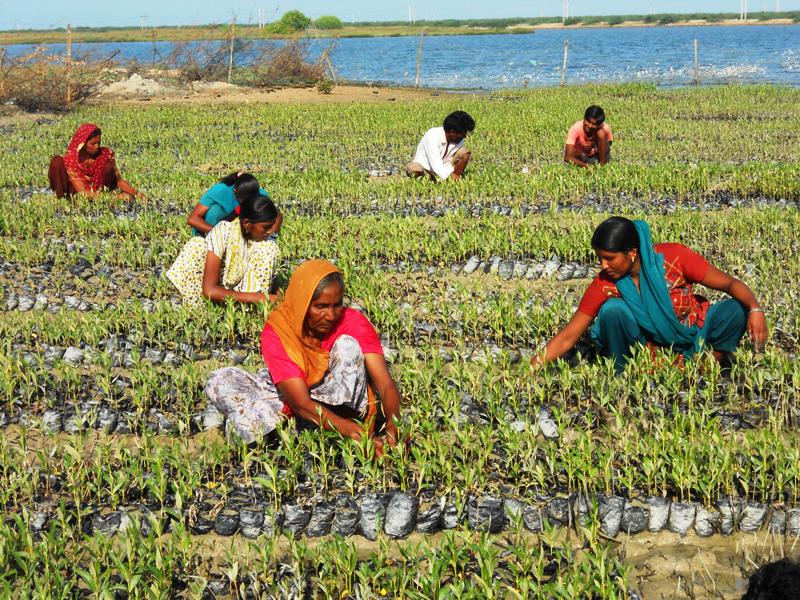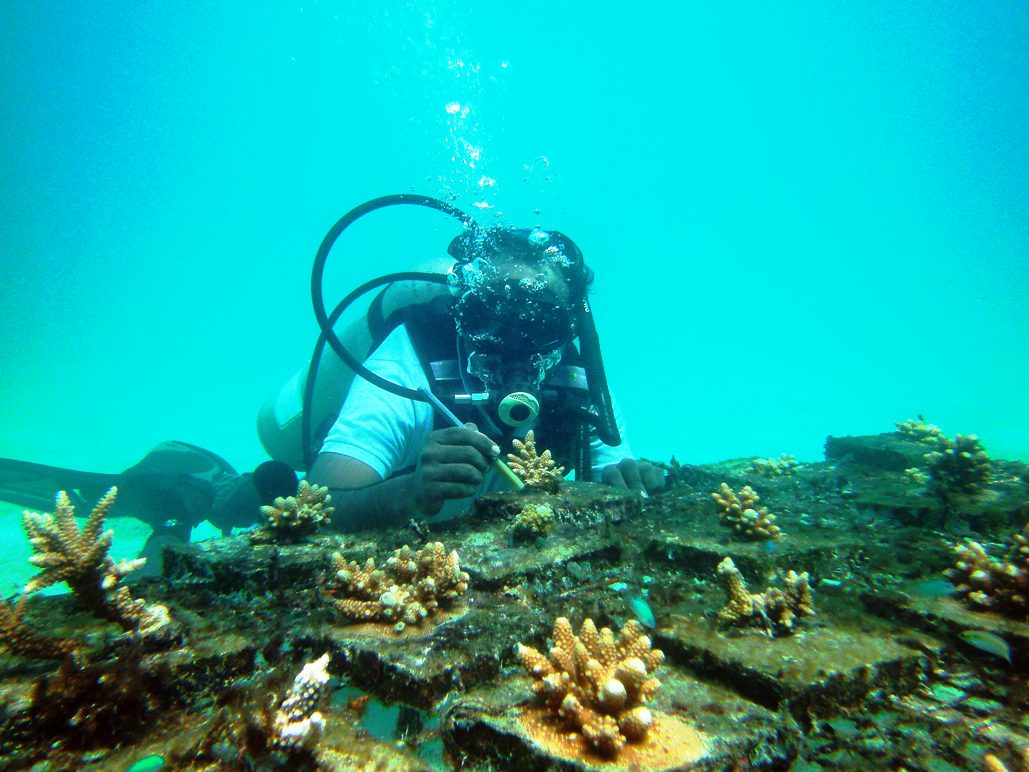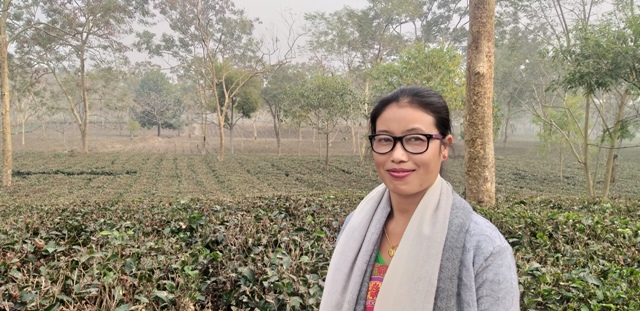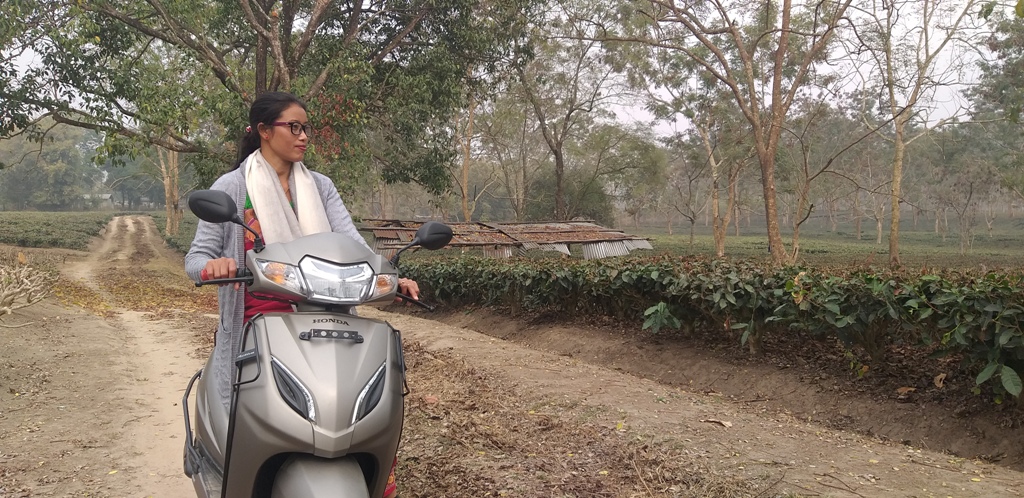C-SCAPES focuses on coastal and marine biodiversity conservation while also examining sustainable livelihoods based on the coastal and marine ecosystems
Established in 1980, the primary aim of Tata Chemicals Society for Rural Development (TCSRD) (The CSR arm of Tata Chemicals) is to initiate and support community development programmes. It encourages this by adopting an integrated approach, and designing region-specific, need-based development initiatives. TCSRD is guided by its vision of Development that enables sustainability and community empowerment. The programmes are closely aligned with the United Nations Sustainable Development Goals.
C-SCAPES (Centre for Sustainable Conservation Action for Protection of Ecosystems of the Seas)
To commemorate the 150th anniversary of the Tata Group, Tata Chemicals developed C-SCAPES under the TCSRD umbrella, with the goal of it becoming a national centre of excellence. C-SCAPES focuses on coastal and marine biodiversity conservation while also examining sustainable livelihoods based on the coastal and marine ecosystems.

The initiative, which was initiated in 2018, intends to empower marine and coastal conservation actions by convening and leveraging local, regional, and national stakeholders and partnerships, implementing, and demonstrating on-ground solutions, and providing credible knowledge and objective recommendations for policy and practice.
C-SCAPES’s work is organised into six areas: marine biodiversity protection; coastal ecosystem management; coastal community resilience-building; ocean education and communication; climate change mitigation and adaptation and coastal governance.
Projects under C-SCAPES include: Coral Reef Recovery Project in Mithapur (Gujarat); Save the Whale Shark Initiative(Gujarat); Community Conservation of Coral Reefs in the Lakshadweep Archipelago; Plantation of Mangroves in Mithapur (Gujarat) and the Sundarbans (West Bengal); Restoration of Saltpans for Conservation of Migratory Waterbirds in Kanyakumari (Tamil Nadu); Conservation and Sustainable Management of Coastal Ecosystems for Increased Resilience to Climate Change Impacts in Cuddalore District (Tamil Nadu)and Nellore District (Andhra Pradesh).

Number of lives impacted
175 men, 175 women and 85 youth trained in ecosystem conservation actions including mangrove and coral reef restoration and management; 50 men and women directly engaged in natural resource governance through village-level institutions;155 families benefiting from strengthened fisheries and coastal agriculture; awareness building for over 800 students.

“One main area that we have been working on as part of our CSR priorities is maintaining and conserving the environment and biodiversity. We are building our long-term resilience by conducting pioneering activities that contribute to a thriving planet, communities, and enterprise, with sustainability at the heart of our approach. To maximise impact, we have matched our sustainability goals with the Responsible Care, CORE, and UN SDGs criteria.”
R Nanda, Hon. Secretary & Trustee
TCSRD (Chief of CSR & HR at Tata Chemicals)





